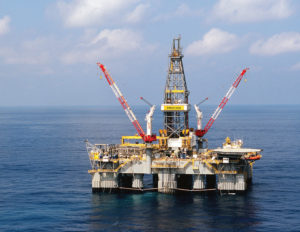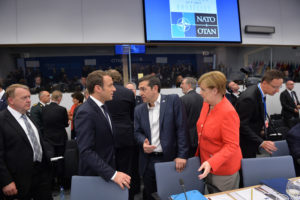Letter from La Vigie, dated 5 FEB 2020
Europe and its South
Long regarded as the preserve of southern European countries, the southern Mediterranean shore and its hinterland are now becoming an issue for all European countries, whatever they may be. Only a long-term multilateral strategy will make it possible to resolve the many crises in this region that threaten Europe.
To read the article, click here
Brexit and the end of the EU
Brexit thus became law and a country left the European Union for the first time. Admittedly, there are still a few months of negotiations to settle the details of future relations, but the essential points have been said. The EU loses much more than just a 28th of its members: in addition to size (population, GDP) or contribution to the common budget (which will have repercussions on solidarity towards poorer countries, often the latest entrants), it loses a strategic player. While the UK may lose out, the EU sees with its departure the beginning of the end.
To read the article, click here
Lorgnette: Coronavirus: Chinese?
The Coronavirus epidemic surprises the observer. As well for its treatment in China, which testifies to the feverishness of the government while the growth rate was ebbing away and that the prior takeover was intended to allow President Xi to better control it. The crisis is generating popular discontent that must be carefully monitored, especially if the power fails to stem the epidemic.
Incidentally, there is a massive movement of quarantines: villages, neighbourhoods, entire cities and even countries, as evidenced by the drastic reduction in relations with China and the closure of borders. We can see here the new phase of globalisation, as we have known it for the last ten years: while trade has increased incredibly (including in diseases), the reaction to the negative effects is closure and local repatriation: here protectionism, there health isolation of a suspect country. The coronavirus is symbolic of geo-economic times and beyond, geopolitical times. Let us hope that this disease is controlled before contaminating everything.
JOCV
Subscribers: click directly on the links to read online or download the pdf number (here), always with your login/password. New reader: read the article in the issue, by clicking on each article (2,5 €), or by subscribing (abo discovery 17 €, abo annual 70 €, abo. orga 300 € HT): here, the different formulas.
Crédit photo :(Mick Baker)rooster on Visualhunt.com / CC BY-ND



